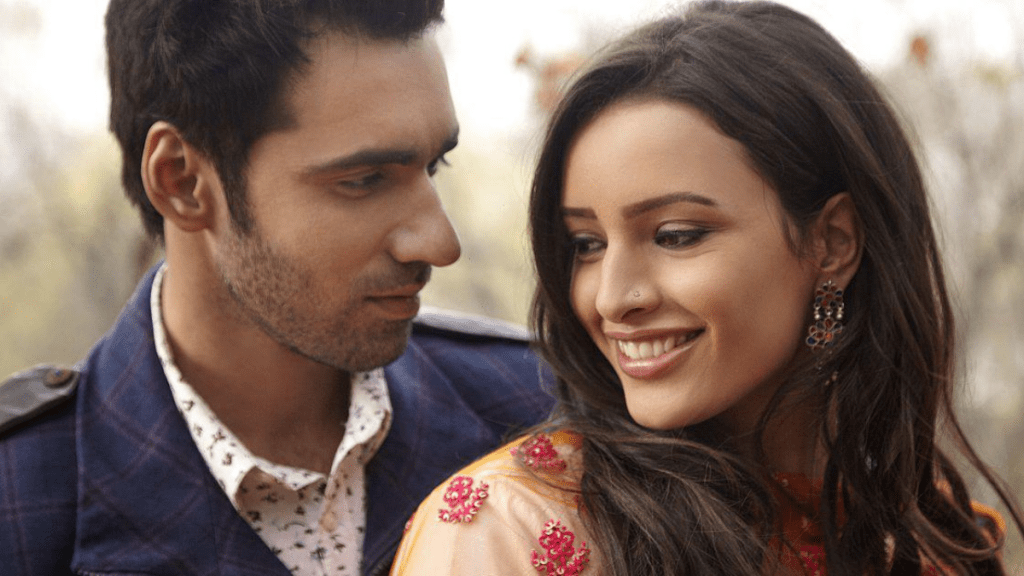The 2018 film Laila Majnu is a modern-day adaptation of the classic Arabic love story. Director Sajid Ali has skillfully woven a narrative that transcends time and is set against the picturesque backdrop of contemporary Kashmir. The film features Tripti Dimri and Avinash Tiwari in titular roles. It explores the complexities of love and the tragic consequences that unfold when societal norms clash with matters of the heart.
The story revolves around Laila, a young and beautiful college student, played convincingly by Tripti Dimri. She dreams of experiencing her first kiss with her Prince Charming. Her path crosses with Qais, the spoiled son of a local politician, portrayed by Avinash Tiwari. The initial attraction blossoms into true love, but their families’ strained relations become a formidable barrier to their union.
Why did Laila marry Ibban?
Qais, eager to marry Laila, faces resistance from her father, played by Parmeet Sethi. Despite Qais’ father, portrayed by Benjamin Gilani, extending an olive branch, the societal divide proves insurmountable. Eventually, Laila is wedded off to an aspiring politician, Ibban, played by Sumit Kaul, against her wishes.
The film takes a four-year leap, bringing Qais back to Kashmir from London after his father’s demise. The rekindling of romance with Laila is marred by the accidental death of her husband, clearing the path for their union. However, Qais’ time abroad has taken a toll on him; emaciated and possibly on the verge of a nervous breakdown, he struggles with the weight of his unfulfilled love for Laila.
As the narrative unfolds, Qais undergoes a profound transformation into Majnu, a madman tormented by love and loss. The film beautifully captures his descent into madness, blending medical depression with spiritual enlightenment. The scenes of Qais roaming the hills of Kashmir, acting as a dervish, resonate with raw, haunting beauty.
The film, written by Imtiaz Ali and Sajid Ali, masterfully captures the essence of the original folk tale. The delicate balance between the earlier romantic scenes and the later, more dramatic ones showcases the evolution of the characters. Tripti Dimri’s portrayal of Laila, from a charming and naive girl to a woman deeply in love, is commendable.
Cinematographer Sayak Bhattacharya contributes to the film’s visual allure by presenting Kashmir in all its raw splendor. The haunting beauty of the landscapes complements the emotional intensity of the storyline. The ten seamlessly integrated songs, credited to Niladri Kumar and Joi Barua, enhance the narrative without disrupting its flow.
Laila Majnu ending: Did Majnu recognize Laila in the end?
In the concluding act, the film takes an emotional turn as Qais, now Majnu, succumbs to the depths of his madness. He fails to recognize Laila initially, which leads to her death from grief. Laila’s untimely death coupled with the societal pressure imposed by her father, pushes Qais beyond the brink of despair. The movie ends with the tragic demise of both lovers, bringing about a poignant closure to their tumultuous journey.
In summary, Laila Majnu stands out as a non-traditional Bollywood romance, eschewing the typical feel-good narrative for a more emotionally resonant experience. The film’s exploration of love, loss, and the impact of societal constraints leaves a lasting impression, making it a poignant tale that lingers in the hearts of its audience.











